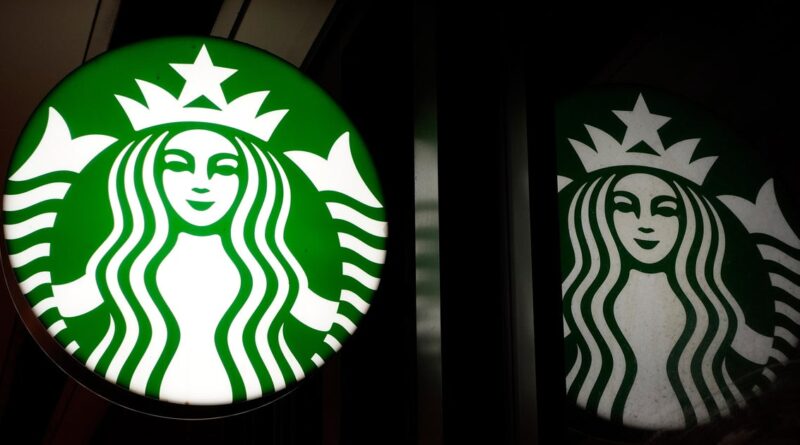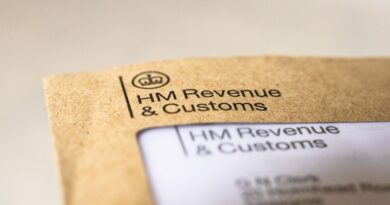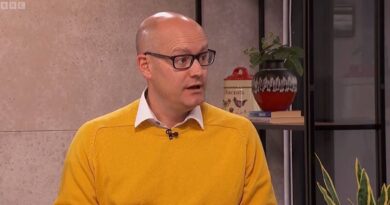Thousands of Starbucks workers could be set to go on strike. Here’s what to know.
Thousands of Starbucks workers are gearing up to vote on whether or not to go on strike as the union representing them continues contract negotiations that started more than a year ago.
The vote for authorization will begin Friday and remain open for several days, with Starbucks Workers United expected to share results after it closes. A spokesperson for the union said the vote would be over an open-ended unfair labor practice strike, without specifying dates, times or locations.
This would be the union’s third major national strike this year. The union most recently went on strike in May to protest the Starbuck’s new dress code. Thousands of workers also walked off the job in December 2024.
As the voting gets underway, the union is also planning a series of rallies and pickets over the weekend outside Starbucks stores in dozens of U.S. cities.
Starbucks Workers United originated in Buffalo, New York in 2021 and now represents 12,000 workers in approximately 550 Starbucks cafes across the country.
A union spokesperson confirmed that contract negotiations between Starbucks and Workers United began in May 2024 but fell apart in December. In February 2025, the groups entered mediation, which ended two months later with Workers United rejecting Starbucks’ contract proposal. The union says it has secured 33 tentative agreements from Starbucks, but maintains that the vast majority are noneconomic proposals.
The union spokesperson said the coffee giant has since refused to come to the table with a new proposal that meets workers’ demands, which is why negotiations have stalled.
For its part, Starbucks says it has engaged in nearly 200 hours of negotiations but claims that Workers United ultimately presented union members with an incomplete outline of single-store contracts to vote on.
“Workers United only represents around 4% of our partners but chose to walk away from the bargaining table,” Starbucks spokesperson Jaci Anderson told CBS News in an email statement. “If they’re ready to come back, we’re ready to talk.”
The workers’ demands are threefold, according to the union — increased hours and higher take-home pay, as well as a resolution from Starbucks for what the union refers to as “unfair labor practice charges” for union busting.
“Too many baristas still aren’t getting enough hours to pay the bills or meet the threshold for benefits,” the union says in its statement of demands on its website.
Starbucks Workers United has filed hundreds of unfair labor practice charges against Starbucks with the National Labor Relations Board, including over its dress code.
The union has not specified the size of the pay increase it is seeking. Starbucks said employees receive $30 an hour in pay and benefits. Store managers, or “coffeehouse leaders” as they’re referred to by the retailer, are salaried. The company contends that nearly 85% of its employees work their preferred hours.
Susan Schurman, a distinguished professor at Rutgers School of Management and Labor Relations, said previous Workers United strikes have had a limited effect on persuading the company to return to the bargaining table.
“The basic problem is that not enough Starbucks stores are organized yet so that a strike inflicts serious financial or publicity damage to the company,” said Schurman in an email.
Last month, Starbucks CEO Brian Niccol announced that the company was shuttering certain locations and cutting about 900 jobs. The closures affected 59 union stores, according to Starbucks Workers United.
In a letter to employees at the time, Niccol framed the decision to close stores as part of a “Back to Starbucks” plan, an effort he initiated in 2024 to revitalize sales and foot traffic at the chain’s coffee shops. The plan includes adding more personal touches to the customer store experience, like handwritten notes on Starbuck’s cups.
While the company has painted the plan a success, Starbucks Workers United has openly questioned whether Niccol’s strategy is working.
“The facts show that ‘Back to Starbucks’ is making the experience better for both customers and partners,” Anderson said. “We’ve invested more than $500M to improve our coffeehouse staffing, training, and support on top of offering the best job in retail, with pay and benefits averaging over $30 per hour for hourly partners.”





